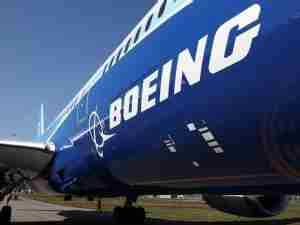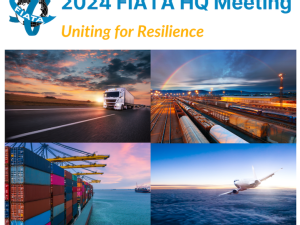A Korean Budget Carrier Sees Room for 30% Reduction in Air Fares
By: | Sep 07 2017 at 05:00 PM | Air Cargo
A new South Korean budget carrier says it can help push air fares down by as much as 30 percent and still stay profitable in a market already crowded with six rivals.
Aero K Airlines Co., backed by venture capital funds, plans to use new, fuel-efficient aircraft and a base where airport levies are at least 60 percent cheaper than the nation’s main hub in Seoul, Chairman Kang Byung-ho said in an interview. The operator expects to get a permit this month and start services as early as April as nation’s the seventh low-cost airline, he said.
“We see Northeast Asia as the biggest opportunity,” Kang, 41, said in an interview in Seoul. “If we do everything correctly, we think we can bring the cost structure down.”
Rising wealth is encouraging more South Koreans to explore Japanese resorts and splurge at luxury shopping in Hong Kong, spawning the budget airlines that some times charge as little as $49 for a flight from Seoul to Tokyo. As travel booms, geopolitical tensions in the Korean peninsula have cast a cloud over the industry. Earlier this year, China’s objections to a U.S. missile shield on South Korean soil and the fallout resulted in the suspension of many popular services between the two countries in March.
Aero K will save costs by operating out of Cheongju, a city about 60 miles south of Seoul that offers an airport with cheaper landing and parking rates. In addition, ancillary revenue will help the carrier post a net income of about 50 billion won ($44 million) in its third year of operations, Kang said.
Investors in Aero K include Hanwha Techwin Co. and Hanwha Investment Corp., units of Hanwha Group; Atinum Investment Co.; SparkLabs; and, Bubang Co., which makes rice cookers.
In March, the airline ordered eight Airbus SE A320ceos with 180 seats each. The airline has an option for two more A320ceos and could exercise that in the second year of operations, Kang said. It will consider ordering A320neos in its third year to expand, he said. Focus will be on flights to cities within three hours - including Japan, Taiwan and China, he said.











